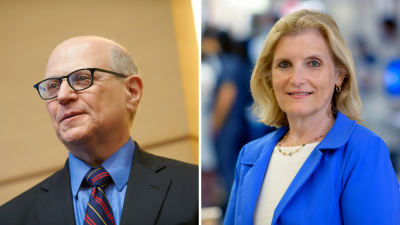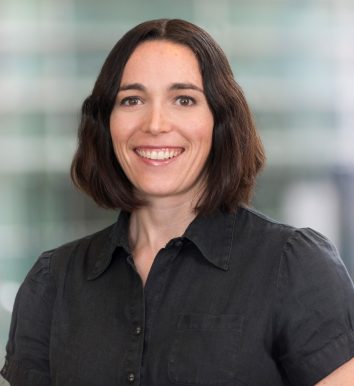Earlier this month, President Biden announced a renewed Cancer Moonshot initiative aimed at halving the cancer mortality rate within 25 years. The new plan focuses on increasing screening and access to care.

Left: Larry Norton, MD. Photo by Juliana Thomas.
Right: Debra Schrag, MD, MPH. Photo by Richard DeWitt.
Numerous outlets interviewed experts at MSK for their thoughts about the plan. In USA Today, Dr. Larry Norton expressed hope that the plan will improve coordinated access to and sharing of patient data, which could drive new advances. He told Grid News that he believes cutting the mortality rate in half may happen more quickly than anticipated.
In NBC News, Dr. Deb Schrag said that the goal is a realistic one, given that cancer is many diseases, and often a consequence of aging. She added in The Washington Post that we currently lack solutions for cancers linked to obesity, which are expected to rise. In VOA News, she said that the focus on care accessibility could allow vaccination and screening to reach more people.
